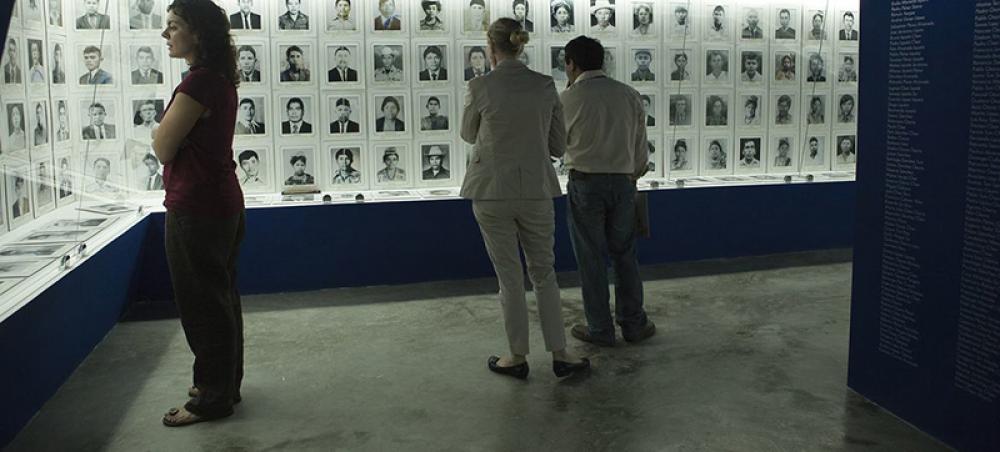Just Earth News | @justearthnews | 31 Aug 2022

Image: UNDP Guatemala/Caroline Trutmann Marconi
New York: Observed this Tuesday, the International Day of the Victims of Enforced Disappearances reaffirms the need for victims’ families to know the truth about what happened to missing relatives.
Enforced disappearances is a crime which is generally committed by State agents through abduction and arrest, with victims often held in secret detention, says the UN.
Some are subjected to torture and summary execution, while their fate is kept secret, from families and society at large.
The Committee and Working Group on Enforced Disappearances – the UN’s key mechanisms to address this matter – receive new cases daily.
The International Convention for the Protection of All Persons from Enforced Disappearance entered into force back in 2010, affirming the right of any victim to know the truth about the circumstances of an enforced disappearance, as well as the fate of the disappeared person.
Human rights issue
Having been taken outside the reach of the law, and "disappeared" from society, victims are in fact deprived of all their rights.
Some of the human rights that enforced disappearances regularly violate, include the right to liberty and security of the person, and the right to an identity.
Strategy to spread terror
Furthermore, enforced disappearance is considered more than a human rights violation, and has frequently been used as a strategy to spread terror across communities.
Becoming a global problem – and not restricted to a specific region of the world – it can nowadays be perpetrated in complex situations of internal conflict, especially as means of political repression of opponents.
Hundreds of thousands of people have vanished during conflicts or periods of repression in at least 85 countries around the world.